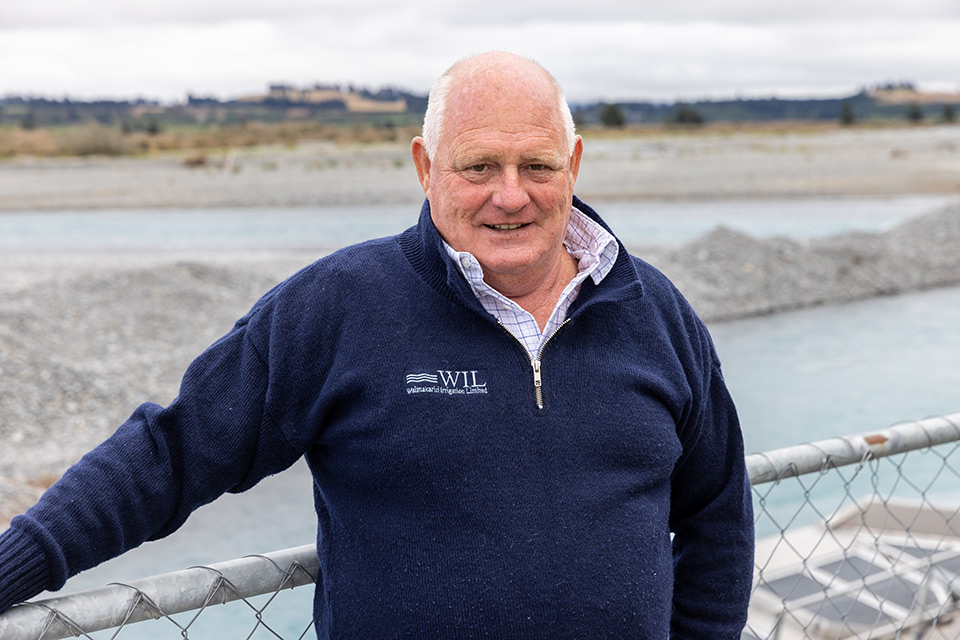
Waimakariri Irrigation Limited (WIL) Responds to Environment Canterbury’s Declaration of Nitrate Emergency

Brent Walton
In response to Environment Canterbury’s decision to declare a nitrate emergency, Waimakariri Irrigation Limited (WIL) has reaffirmed its strong historical and future commitment to environmental stewardship and collaborative action.
This commitment is underpinned by independently verified scientific data showing that WIL shareholders are making measurable progress.
Since baseline measurements were carried out in 2009-2013, WIL farms have achieved a 51% reduction in nitrogen loss from the root zone. This reduction in nitrogen loss coincides with a 25% reduction in nitrogen concentrations in drainage water which is the result of better on-farm practices such as efficient fertiliser usage, grazing management, crop management and effluent management.
Alongside this, a community-led biodiversity initiative supported by WIL is improving waterway health across the scheme’s 44,000-hectare command area. To date, 27,660 native seedlings have been planted across nine project sites.
This 40-year project focuses on creating connected ecological corridors by working collaboratively with schools, environmental groups and the wider community.
Seedlings are grown and propagated in WIL-supplied greenhouses located at shareholders’ farms and local schools to enable farmers, children and the wider community to work together to improve the environment. Species such as Carex secta, selected for their natural de-nitrifying properties, are helping to restore the ecological balance.
Monitoring of Hunter’s Stream near Cust—conducted with local schools, Enviro Schools, and WIL shareholders—has shown a marked increase in mayfly populations, which is a key indicator of improved stream health.
WIL’s CEO Brent Walton says the cooperative views irrigation as a privilege that carries with it a deep responsibility for future generations.
“Our farmers are committed to leaving the land better than they found it. We’ve worked closely with Environment Canterbury, Waimakariri District Council, iwi, environmental groups and the wider community to develop practical, collaborative solutions that improve stream health and reduce nitrate levels,” Walton says.
“Reducing nitrate levels requires long-term investment and shared responsibility, Walton says. “Our shareholders are taking meaningful action, and we remain committed to working alongside the community over the long-term to improve environmental outcomes while acknowledging the vital role that agriculture plays in our regional and national economy.”





